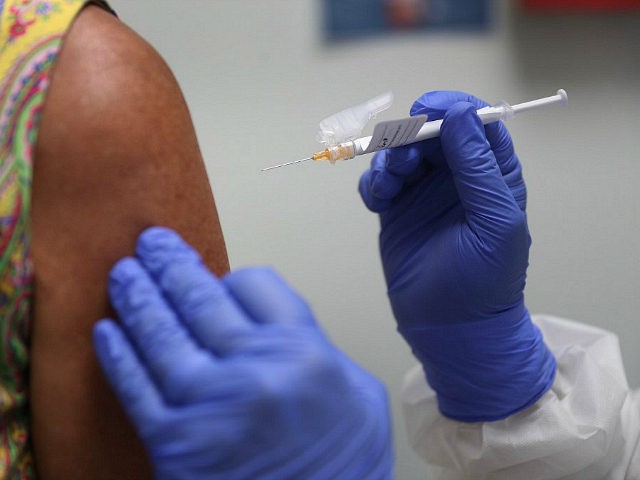The first three COVID-19 patients treated with a new Israeli “passive vaccine” were released home from the hospital, Hadassah Medical Center in Jerusalem said Thursday.
The vaccine, developed by the hospital together with Israeli biopharmaceutical firm Kamada, demonstrated rapid, clinical benefit, the statement said.
Passive immunization occurs when a recovered patient gives antibodies to a current patient while active vaccines occur when a patient is inoculated with a dead or weakened strain of an actual virus, prompting the body to generate antibodies.
The hospital has been collecting plasma donations from coronavirus patients in the ultra-Orthodox community, Israel’s hardest-hit population, for the past three months, Hadassah head Prof. Zeev Rotstein said.
Even patients who had not contracted COVID-19 but who nonetheless were found to have high levels of antibodies or antivirus proteins in their blood from having contracted other viruses were asked to donate.
Kamada used the donated plasma to produce what it termed an “anti-SARS-CoV-2 plasma-derived immunoglobulin (IgG) product.”
According to Rotstein, the vaccine also doubles as a medical treatment to be administered to COVID-19 patients who need help in fighting the disease. But he added that it could also be used prophylactically, to stop the progression of the disease even in asymptomatic patients who are at risk.
The Hadassah team is “very satisfied with the clinical research,” Dr. Ada Kessler, a physician in the hospital’s coronavirus unit, said according to The Jerusalem Post.
The donated plasma is being administered to COVID-19 patients who develop pneumonia and “for now, we are very encouraged.”
Approximately 12 patients are currently receiving the treatment.
Earlier this week, Hadassah said it was involved in the development of a Russian vaccine claimed Tuesday by Moscow to be the first in the world that works against COVID-19.
“The Hadassah hospital is involved in the clinical research on the new Russian vaccine. It is being done in Moscow, in Skolkovo at the Hadassah hospital there. We are first of all testing the safety level, it will take time,” Rotstein told Radio 103FM.

COMMENTS
Please let us know if you're having issues with commenting.